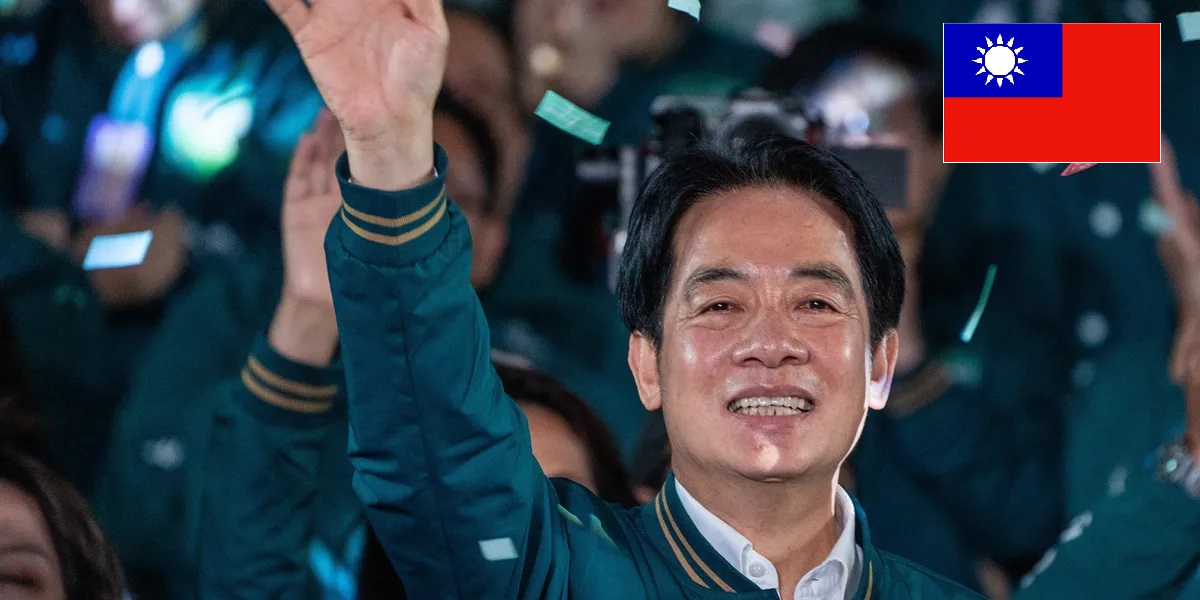
Taiwan’s recent presidential election victory has elicited diverse and dynamic responses from international leaders across the Indo-Pacific region. (Photo: Stratfor)
International Leaders Extend Congratulations to President-Elect Lai Ching-Te, Prompting Both Support and Opposition
Taiwan’s recent presidential election victory has elicited diverse and dynamic responses from international leaders across the Indo-Pacific region. Following President-elect Lai Ching-Te’s triumph, the Biden administration and major U.S. allies, including Australia, extended their congratulations, emphasizing shared interests and values. However, their avoidance of the “president-elect” title and the U.S.’s reaffirmation of its one-China policy underlines the delicate nature of Taiwan’s international relations.
In a surprising turn of events, the Philippines’ President Ferdinand Marcos Jr. and Japanese Foreign Minister Yoko Kamikawa expressed strong support for President-elect Lai, deviating from the cautious stance of the U.S. and its allies. This bold move has drawn harsh criticism from China and underscores the complex geopolitical dynamics in the region’s shifting allegiances.
China’s aggressive diplomatic maneuvers post-election include poaching Nauru, one of Taiwan’s few remaining formal allies, and exerting pressure on regional partners to adhere to its One China policy. This campaign to isolate Taiwan at the international level highlights the importance of diplomatic alliances and the potential ramifications for Taiwan’s international engagement.
READ ALSO: Religious Freedom Watchdog Urges Action Against China’s Influence In The U.S.
Taiwan’s Global Representation and Foreign Relations
The divergence in reactions to Taiwan’s election outcome among regional players signifies the increasingly complex geopolitical landscape in the Indo-Pacific. While some countries stand firm in supporting Taiwan, others navigate a delicate balance between acknowledging China’s influence and respecting Taiwan’s democratic process and sovereignty.
With Taiwan’s international presence and diplomatic alliances under pressure, the aftermath of the presidential election raises concerns about the island’s participation in international organizations and the potential impact on the travel plans of Taiwanese officials. The evolving responses from various nations highlight the intricate web of alliances and the significance of Taiwan’s role in the broader Indo-Pacific region.
READ ALSO: The Unintended Consequences Of U.S. “De-Risking” Strategies On Global Supply Chains
























